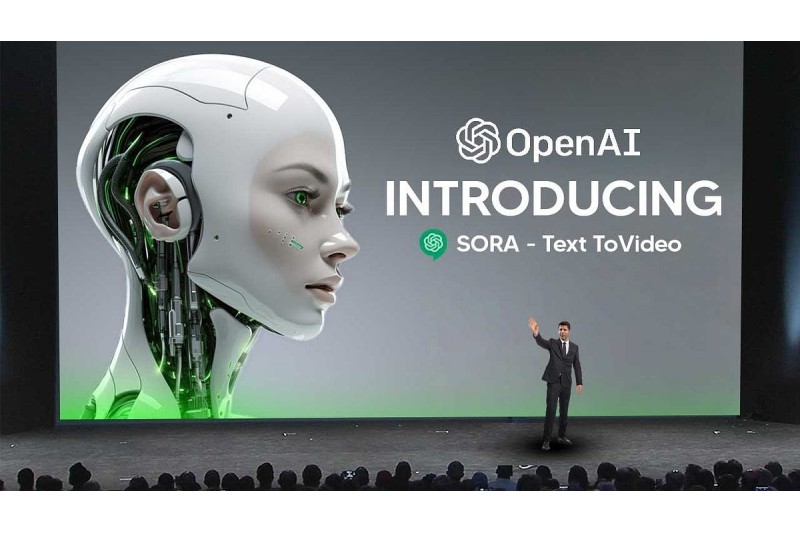On Wednesday, Beijing-based Shengshu Technology said that Vidu, an AI-powered text-to-video tool, will soon be able to create videos by fusing images.
Vidu already enables individuals all over the world to make 8-second videos by following written instructions. In February, OpenAI, the company behind ChatGPT, disclosed that their AI model Sora could create one-minute films from text; however, it has not yet made this information publicly available.
A movie of the person wearing the shirt and riding the moped through a location can be created using Vidu’s new AI technology, which can mix three images, such as a shirt, person, and moped, according to Shengshu.
While several platforms claim to be able to use AI to convert text or images into films, the output quality varies. The capacity to combine three distinct photos into an AI-generated video with visual coherence is the innovation, according to Shengshu.
Fan Bao, Shengshu’s chief technology officer, stated, “Very early on we pinpointed [visual consistency] as the problem, and wanted to solve it well,”
When Vidu first launched in April, the feature that allowed users to create realistic films of people hugging from two profile photographs went viral on TikTok.
Shengshu co-founder and CEO Jiayu Tang stated in Mandarin that the AI video generator is already generating revenue from advertising, animators, and other companies, as reported by CNBC. According to him, monthly usage rates for each customer can vary between 100,000 and 1 million yuan ($13,871 and $138,711).
Tang stated that in order to resolve copyright concerns, a business might enter into an agreement with an artist that permits the AI to replicate the artist’s painting technique for a commercial. Regarding the use of photographs by customers, he claimed to have not observed any noteworthy court cases.
Tang went on to say that Vidu prohibits the general public from creating content using pictures of “sensitive” people or celebrities. According to him, the AI tool also prohibits images of violence and nudity. Regarding private images, Tang stated that Vidu deletes the information in compliance with the general data protection law, which is a worldwide standard.
According to PitchBook, Shengshu was established last year with funding from Baidu Ventures, Ant Group, an Alibaba affiliate, Zhipu AI, a Chinese startup, Qiming Venture Partners, and Beijing City.
According to Tang, cloud servers that are hired in China and other countries power Vidu’s AI.




